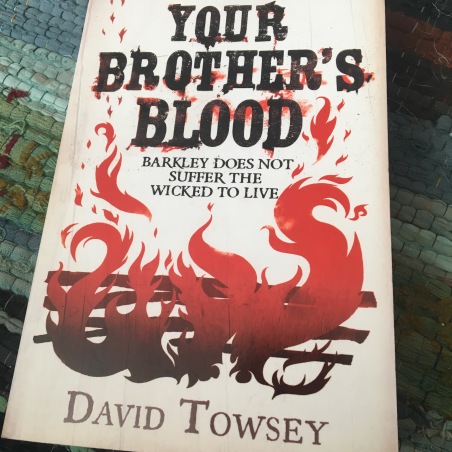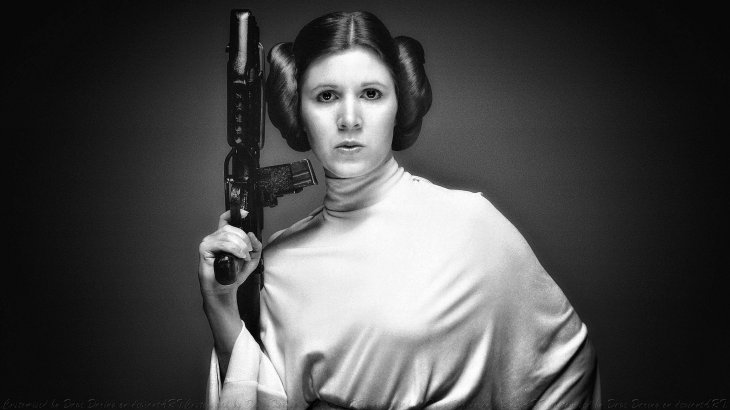About six months ago a friend of mine lent me Big Magic saying words to the effect of: “try it, it might speak to you.” That day I had been talking about my writing and how little I had done and how much I missed stealing those hours for myself. How I missed the industrious rhythm and those pieces of myself that shine brightest of all when I am within that space. Worst of all I talked about how I felt that creativity was becoming a remote part of myself and I was loosing faith I would ever reclaim it.
Often it has felt that my life and my creativity are two separate entities. Not because I have decided it is so, but because I have been told this is how it is so. Culturally the assumption is that eventually, your creativity must take a backseat because it is very unlikely it will ever be important or recognised enough to make you money. Earning money is survival. It’s clear very early on that nothing is worth pursuing unless it makes you money.
My friend handed me this book in the sort of way friends hand books to you when you know that they won’t let you leave without it. In the same way someone cooks you a meal when they know you have no food at home and you are broke and haven’t eaten for days. Big Magic was a bit like a note in a bottle that washed up on the shore of that remote part of myself I felt I was loosing.

Big Magic: Creative Living beyond Fear by Elizabeth Gilbert
With creativity, in my experience, you have a limited number of options culturally. Creativity is never assumed as an integral part of your existence. Creativity is a luxury. It’s a whimsy or a personality quirk. But it is a compartmentalised part of you that is not part of your organic being and definitely not part of the bedrock of your personality. It is only allowed to take up time in the right circumstances or space in the right environment or with the right people. Or if it isn’t a luxury that is policed in these specific terms, it’s self-torture. Creativity is a dismantling, it is loosing friends and loved ones, it’s narcism, alcoholism, drug abuse, over medicating, under medicating, being penniless, being promiscuous, being reckless. It is burning brightly and loudly and quickly and being dead by 27.
And even that assumption is a luxury, because only great artists are allowed suicide after prolific activity because somehow the art makes it worth it.
How bleak.
Elizabeth Gilbert has many things to say on the subject. She spends a lot of time in Big Magic relaying her own experiences with creative living and also a lot of time dismantling unhealthy assumptions about creativity.
But this book isn’t exclusive to writing as she talks about examples of other artists and other people returning to there creativity. One of the most vivid examples that comes to mind is about a woman who realises how unhappy and unsatisfied she is in her life. When she reflects back to the time where she was really happy, she realises that was when she was training to a high level in ice skating. She just missed out on the Olympic team and because she wasn’t ‘the best’ decided to stop. Gilbert writes that this woman, after twenty years, begins getting up at 4am before work to go to the ice rink to skate before work every morning. And the effect is instant and positive.
The point Gilbert is also trying to make is that it doesn’t matter if you’re the best, your creativity is allowed to be frivolous or mediocre. Your creativity is allowed to be whatever it is as long as it is yours. The pressure we put on creativity to be ‘the best’ or nothing at all is usually the thing that smothers it, it can be the thing that stops us even trying. Gilbert also hammers this point, by stating that there is evidence that human beings have been drawing on cave walls longer then their has been evidence of agriculture. In other words, there is evidence that putting your hand print on a wall permanently was at one point more important then a steady food supply and a static homestead.
And also you’re allowed to have a break. You’re allowed to go back to the thing after a lengthy absence.
Gilbert also writes about ideas in a way that really caught my imagination. She suggests several things. Firstly that we have a difficult notion of ideas. If someone has an idea that leads to a successful and long running play that shakes the audience to tears, to laugher and is celebrated by critics. Then that person may be heralded as a sort of genius. This is very different to how the Romans (I think – it could’ve been the Greeks) viewed genius as they believed genius was a sort of negotiation or partnership between the individual and the ‘genius’ that existed outside of that person and had inspired that person.
For her the only way to create things isn’t to sit waiting for a strike of luck, but to show up to work every day and work steadily, because your inspiration is sat in the corner waiting to give you a brilliant nudge in the right direction. But they can’t if you don’t show up to work. Here she talks about Tom Petty who once said he would get very frustrated with his own inspiration who may throw a line for a song at him while driving. Here Petty says he would speak aloud at his inspiration. In doing this some of the pressure would be taken off of him in writing that song. He also says there are some songs that would never quite get written or completed by him because they simply weren’t for him.
Throughout Big Magic Gilbert tries to break down the idea of ‘the unreachable’ to a collaboration and I really adore that idea. She talks about pools of ideas and how ideas can jump from one person to another and her own experience of that.
Perhaps the most resonating parts of Big Magic for me are Gilbert’s writing about ideas roaming looking for creative types to make them happen.
When meeting the American poet Ruth Stone for an interview, Stone talked about her childhood and about working in the fields. Gilbert writes that Stone would hear a poem coming across the fields at her and when she did she would have to “run like hell” to get a piece of paper and a pencil. Otherwise the poem would pass her by and go on to find another poet. Stone also said that sometimes she managed to catch the tail end of the poem and pull it back to her and at these points the poem would arrive on the paper fully formed but backwards.
Big Magic covers a great deal more but I think if I continue I will make reading it pointless for everyone. She covers fear, being courageous, being the trickster rather then the martyr, and the importance of curiosity. Big Magic tries to shift the perception of ‘the serious artist’ to ‘the playful artist.’
She encourages you to have an affair with your own creativity. To sit in stairwells and write for ten minutes because you can. Steal time with your creativity like you would a new lover and treat it like a secret relationship that trills you.
In the last six months I am not embarrassed to admit that I have both read it and listened to the audiobook because I needed to revisit these ideas again. I know that I will return to it time and time again because I find it reassuring. Big Magic is motivation to drop my fears and doubts and encouragement to be curious and playful and give it a try. Much of the advice in this book isn’t new to me because I have been fortunate to know a lot of writers and artists, but it’s important to be reminded occasionally.
So if you are loosing faith, if you feel as if you are stranded, if you feel as if it is becoming unreachable, and the general feelings of despair are becoming overwhelming – get Big Magic. I can’t promise it’ll work for you like it has for me. But try it, it might just speak to you.

